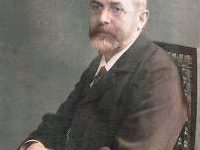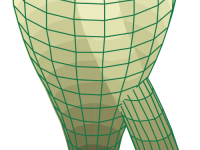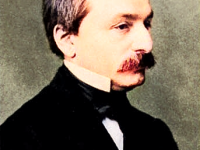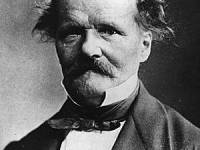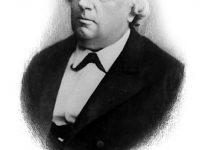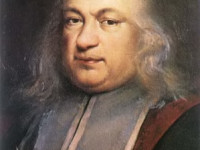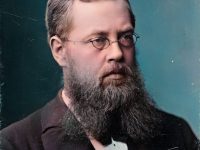Ferdinand Georg Frobenius and Group Theory
On August 3, 1917, German mathematician Ferdinand Georg Frobenius passed away. Frobenius best known for his contributions to the theory of elliptic functions, differential equations and to group theory. He is known for the famous determinantal identities, known as Frobenius–Stickelberger formulae, governing elliptic functions, and for developing the theory of biquadratic forms. He was also the first to introduce the notion of rational approximations of functions (nowadays known as Padé approximants), and…
Read more

